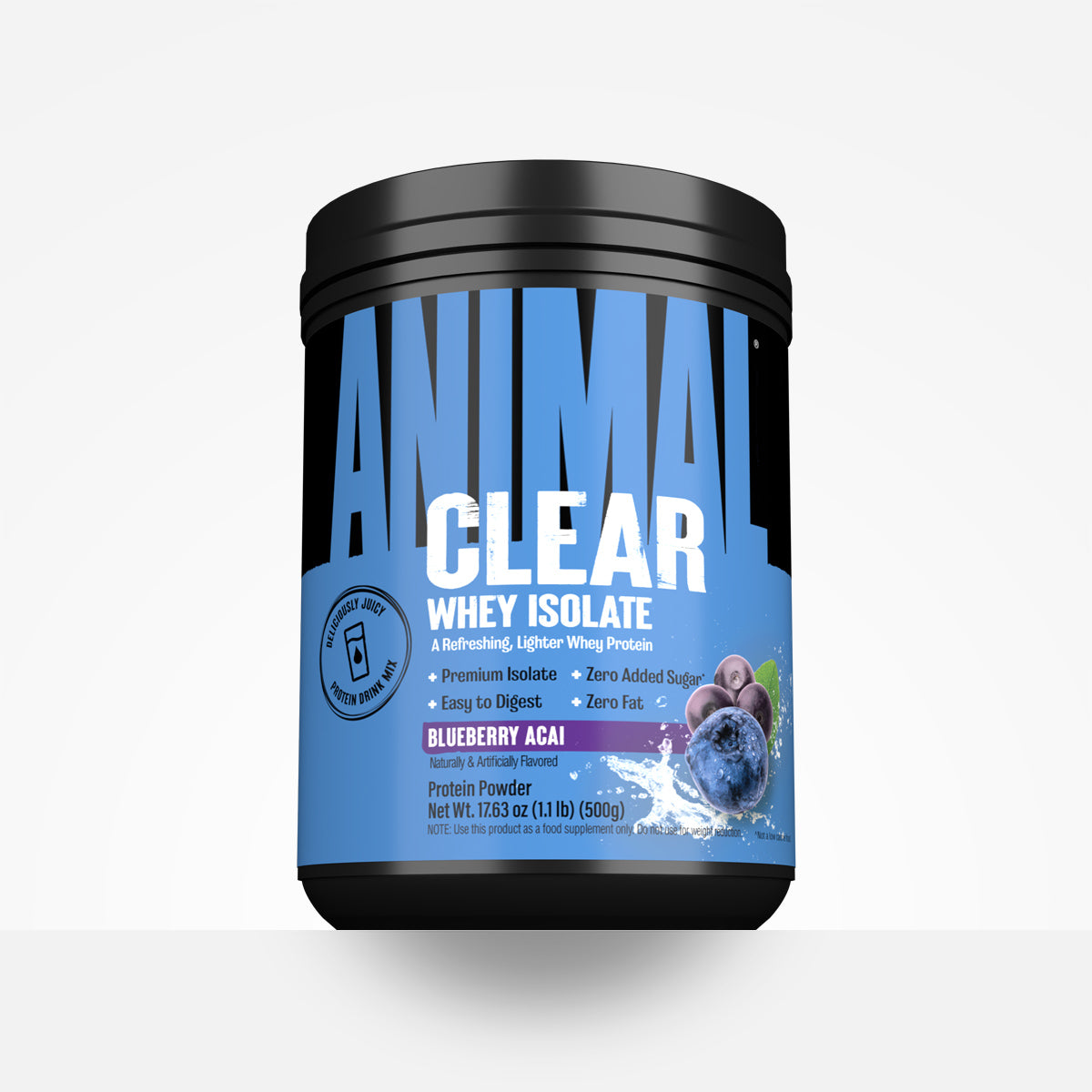Before I go any further, let me first acknowledge the fact that I grew up on dairy, and lots of it. For example, notwithstanding Friday nights when I was permitted a glass of soda, a tall glass of milk was the only acceptable beverage to have with dinner each and every night. As a kid, yogurt was my go-to snack. Dairy was generously added to everything from my mom’s mashed potatoes to my aunt’s amazing lasagna.
Nutritionally speaking, I came of age during the 80s when the crusade against dietary fat began. Fat was viewed by many experts as the enemy. At the same time, dairy was promoted as one of our greatest nutritional allies. Milk was available as low and even fat-free versions. It was natural that when I began working out in my mid-teens, I would opt for the “dairy double” and mix milk in with my whey protein powder. Consistent consumption of dairy continued through my early competitive years. I even turned pro while drinking several whey protein shakes daily in place of whole food meals.
Then it all changed in 2009. I was prepping for my first professional contest and, following the suggestion of my coach at the time, I eliminated all protein shakes and dieted strictly on whole foods. I achieved what was undoubtedly my best look of all time. I was really looking forward to incorporating shakes back into my diet after the show. After all, shakes taste great, they’re convenient, and they’re fairly economical.
Once I began having shakes again, I felt terrible. No matter what whey protein I used, I felt extremely sick every time I downed one. This was obviously a lactose issue, right? After using the highest purity whey protein isolates AND taking lactase pills, I still felt the same. I came to the conclusion that my issue was a sensitivity to dairy proteins and not lactose intolerance.
After months of trying without success, I gave up on shakes and decided to stick with whole food. I noticed that milk or dairy containing foods like ice cream, cottage cheese, and yogurt all made me feel sick. With whole, non-dairy based foods I felt like a high functioning machine. Eating dairy made me feel like I needed to lie down in the fetal position. I decided to go 100% dairy-free and haven’t looked back since. Based on my experience, there are several reasons for many people to re-consider dairy consumption.
First and foremost, dairy is notorious for causing digestive trouble. Whether it’s due to an inability to digest lactose or an allergy/sensitivity to dairy proteins (cow milk is highly allergenic), there are people who are negatively affected by dairy and don’t even realize it. As is the case with most things, most people don’t realize that they are functioning sub-optimally until they begin operating at a higher level. In my own experience in nutrition counseling, never once has a client’s digestion failed to improve when eliminating dairy even if they felt fine prior to that.
People who experience regular or infrequent gas, bloating, reflux, or any other form of indigestion always experience at least some relief when they eliminate dairy. This is absolutely important for the dedicated weightlifter. Aside from the obvious desire to not feel like we're constantly running to the toilet, digestive inefficiency reduces our ability to consume the large quantities of food we need for growth. Even when dieting, a digestive system that is not working at maximum efficiency can result in a less than stellar looking physique.
Another more serious reason to reconsider dairy consumption is its strong propensity to cause inflammation. Dairy, known for being insulinogenic, has been shown to elicit an insulin response greater than that of white bread. What’s also known is that insulin is highly inflammatory. Most athletes, elite or otherwise, do not need any extra inflammation.
While inflammation is needed for growth, healing, and other critical processes, most of us are already living at a level that is far too inflammatory. Therefore, reducing inflammation would most likely result in increased recovery, improved performance, and better all-around well being and functioning. For example, this is the reason why almost all dermatologists advocate for patients with inflammation related skin conditions such as eczema, dermatitis, and psoriasis to eliminate dairy from their diet.
Finally, from a biological perspective, the consumption of dairy past infancy is questionable. Was Arnold wrong when he said “milk is for babies” in “Pumping Iron”? Newborn mammals consume milk until they’re ready to rely on whole foods for nourishment. Humans appear to be the only mammals consuming dairy well beyond infancy (and drinking the milk of another species at that). I look at my 7-month old daughter and see that she is certainly growing and thriving from milk, but I also know that she will make even greater strides once whole, solid foods are introduced to her diet.
I'm not trying to be fanatical here. If consuming dairy works well for you, keep doing it. As I’ve already said, I consumed dairy for the first 28 years of my life and made it a mainstay in my bodybuilding diet. I even successfully incorporated it into my contest preparations. The consumption of dairy might not make the most sense from a biological perspective, but then again, that has little to do with the goals that many of us set for ourselves. In the end, there is only what works and what doesn’t.
The large segment of the population that does not do well with dairy consumption, however, would be better off making dietary changes. There is nothing to be found in denying the need to avoid dairy—I’ve been down that road and found nothing but indigestion and unhappiness. Take the time to understand what works for your body. If what you’re doing works, great. If you feel that maybe you could be looking, feeling, and performing better, then perhaps a change is exactly what you need.



















